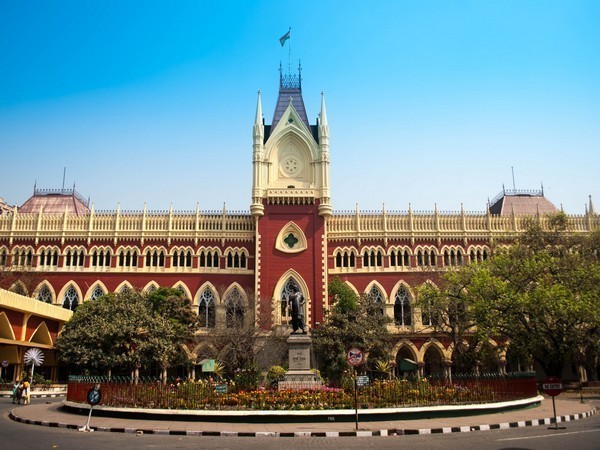Dearth of judges at Calcutta HC affecting justice delivery: WB bar council vice-chairman

- Country:
- India
The Calcutta High Court has only 31 judges at present, much less than half of its sanctioned strength, even as the number of pending cases continues to mount.
Expressing concern, West Bengal Bar Council vice-chairman Siddhartha Mukhopadhyay said the dwindling number of judges at the country's oldest high court is causing a delay in case clearance, thus affecting the justice delivery system.
According to the National Judicial Data Grid, a total of 2,72,092 cases are pending before the Calcutta High Court, which has a sanctioned strength of 72 judges.
Of these, 2,29,331 are civil cases and 42,761 criminal matters.
''We would like the central government to take steps to appoint judges as soon as possible,'' Mukhopadhyay said.
He explained that the effective strength at the high court further takes a hit as two judges each, on rotation, take up matters at the circuit benches of Andamans and Jalpaiguri.
''Owing to the paucity in the number of judges, many litigants are hassled as their cases remain pending for long periods of time,'' he told PTI.
Mukhopadhyay stated that an adequate number of benches cannot be formed as the high court has only 31 judges.
The Supreme Court Collegium had in February approved proposals for the appointment of eight judicial officers as judges at the Calcutta High Court.
Lawyer Rabishankar Chatterjee, too, said that vacancies should be filled up immediately in the interest of the lakhs of litigants.
''We want the Union Law and Justice Ministry to initiate measures to speed up the process of appointment,'' he maintained.
Chatterjee, who has been practicing at the Calcutta High Court for more than three decades, said the COVID-19 situation has compounded problems, with veterans now finding it hard to adapt to the virtual model.
''The transformation has been seamless for young advocates, but those who are used to appearing before the courts physically for decades to argue their matters, may find the virtual mode alien, though they have been trying their best to adapt,'' he pointed out.
Litigants from rural areas, too, are also not very conversant with the virtual model, thus having trouble coordinate with their lawyers during hearings.
The Supreme Court Collegium had, in its meeting held on February 4, approved the proposal for the elevation of judicial officers Kesang Doma Bhutia, Rabindranath Samanta, Sugato Majumdar, Ananya Bandopadhyay, Rai Chattopadhyay, Bivas Pattanayak, Subhendu Samanta, and Ananda Kumar Mukherjee as judges of the Calcutta High Court.
(This story has not been edited by Devdiscourse staff and is auto-generated from a syndicated feed.)
- READ MORE ON:
- West Bengal Bar Council
- The Supreme Court Collegium
- Calcutta High Court
- Jalpaiguri
- Mukhopadhyay
- Kesang Doma Bhutia
- Justice Ministry
- Bivas Pattanayak
- Ananda Kumar Mukherjee
- Ananya Bandopadhyay
- Subhendu Samanta
- Samanta
- National Judicial Data Grid
- Rabishankar Chatterjee
- The Calcutta High Court
- Union Law
- Rai Chattopadhyay
- Sugato Majumdar










